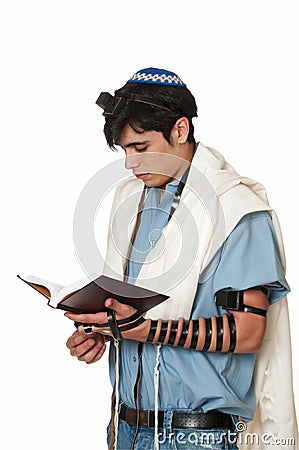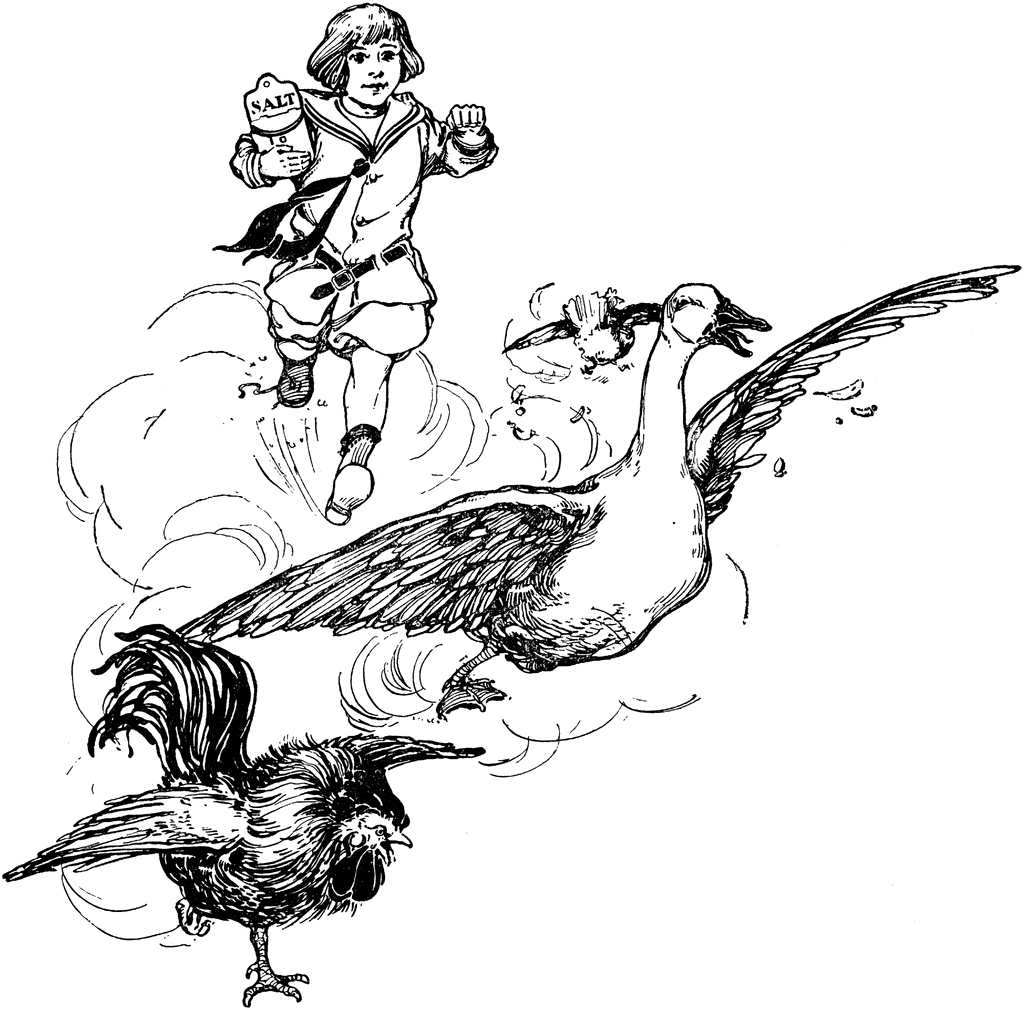Back in 1990 a friend was having some problems. I suggested that he go to the Lubavitcher Rebbe for a blessing. Although not a chasid, I greatly revere the Rebbe.
"Okay," he said, "but only if you come with me."
I agreed.
We came to 770 (Lubavitch World Headquarters at 770 Eastern Parkway in Brooklyn) on Sunday morning and waited patiently on line for four hours. Over 5,000 people had come to receive a blessing and a dollar to give to charity from the Rebbe. As we approached the Rebbe, I began to think of a problem I had at work. I was under so much pressure from my boss that I had considered changing jobs or transferring to a different unit. I decided to ask the Rebbe what to do.
The line moved quickly. As I approached the Rebbe, I blurted out my question of whether or not to change jobs. To my surprise, the Rebbe answered, "If you have kosher tefilin you don't have to worry about parnasa (livelihood)."
That's strange, I thought to myself. How could there be something wrong with my tefilin? The scribes who had checked the tefilin over the years had consistently noted how nicely they were written. They recognized the handwriting of the scribe and would add, "He is one of the best scribes in Israel."
Could it be that my tefilin were not kosher? Was there a possibility that I had not worn kosher tefilin for 30 years? Why, the mere thought of it scared me. I immediately went to a scribe and had him check them over.
"It's a very nice pair of kosher tefilin," the scribe said. I breathed a sigh of relief, but I was still puzzled by the Rebbe's remarks. Thus, two weeks later I returned to the Rebbe to clarify the matter.
"I checked my tefilin and the scribe said they're kosher," I reported.
"How can that be?" said the Rebbe as he handed me a dollar. "Is the scribe an honest, reliable Jew?"
"Yes," I answered. Once again I was surprised at the Rebbe's remark. I had a strange feeling. I went to another scribe. I told the scribe the entire story and he carefully examined the leather boxes for any imperfections. He used a light table to check the parchments for minute cracks in the ink that may render tefilin posul, not kosher. Once again, nothing was found.
Unsatisfied, I went to the Vaad Mishmeres STAM, an organization that had developed a way of checking Torah scrolls, tefilin, and mezuzot by computer scanning to see if any letters are missing. Again the results were negative.
Now, for the third time, I returned to the Rebbe. This time as I passed the Rebbe I said to him, "I checked my tefilin by two different scribes and by computer and they said they're kosher."
"Nu," said the Rebbe, "if two honest scribes say they're kosher, then it's not your responsibility; it's their responsibility."
I was totally upset! Obviously the Rebbe was very insistent that something was wrong. I went to a great rabbi and told him the whole story.
The rabbi said to me, "Even if the Lubavitcher Rebbe is like an angel who sees things that no person can see, the Torah was not given to angels. We can only be expected to do what humans can do."
"Yes," I said. "But what's going to be 'after 120 years,' when I'm standing before the Heavenly Tribunal and they say, 'Shimon, you never wore kosher tefilin in your lifetime!' "
"Listen," said the rabbi, "don't worry. Heaven cannot expect you to do more than you did. If they ruled here on earth that your tefilin are kosher then it's kosher and you've done your duty."
I was still not at ease, so I went out and bought the finest pair of tefilin money can buy. The following morning, on the eve of Yom Kippur, I put on the new pair of tefilin for the very first time.
The night after Yom Kippur my wife, Brocha, received an interesting phone call. For six weeks she had been vying for a new position in her school as the Assistant Principal. However, the principal refused to give it to her. He claimed that since the school was growing he wanted to hire someone from outside to do the job. My wife countered that since she had been doing the job of the Assistant Principal until now, she should receive the title and the increase in salary. For six weeks the principal had been interviewing candidates for the job.
That night, the principal called to tell her, "I've decided it's only right that you be the assistant principal. And you'll be getting a five thousand-dollar raise."
We suddenly recalled the Rebbe's words: "If you have kosher tefilin, you don't have to worry about parnasa." A few months later my boss left my department and the pressure was finally off.
But the story doesn't end there. For several years after buying the new tefilin I continued to wear my old tefilin. I would put them on after I finished praying.
During that time I had applied for various managerial positions and had requested that my titled be upgraded. I had four people working under me but I was unsuccessful in getting a managerial title. My boss would tell me, "There are no more managerial slots to be filled, the department has reached its limit."
Someone told me that there was an unused title of "supervisor." He recommended I speak to my boss about it. My boss said he would look into it.
Months passed. In the interim, I had stopped wearing my old pair of tefilin and was now only putting on the "new" pair. One day, my boss called me and said, "I have good news for you, you're finally being promoted to supervisor and that means you'll be getting a ten percent raise!"




